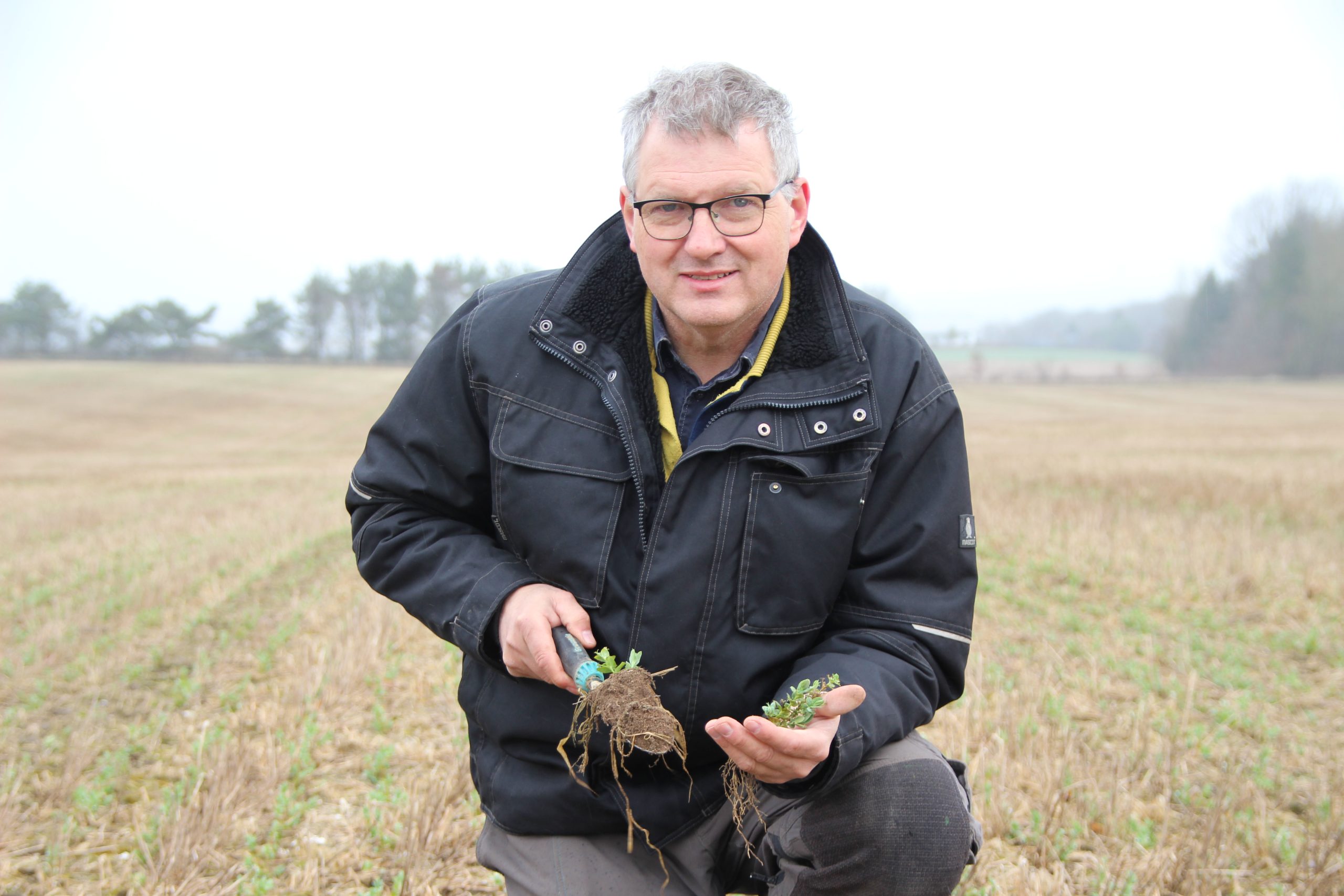World leaders are spending a lot of time together lately.
At the Group of 20 meeting in Rome last weekend, officials from the wealthiest countries talked about international taxation and COVID-19 vaccines. And now everything shifts to Glasgow for a 12-day summit on climate change, hosted by the United Nations.
 The conversations in both places are focused entirely on global challenges. That’s appropriate as the world faces a long-list of shared challenges that include climate, food insecurity, the need to protect biodiversity and a shared desire to provide a living income for all, including those who produce the food the world needs.
The conversations in both places are focused entirely on global challenges. That’s appropriate as the world faces a long-list of shared challenges that include climate, food insecurity, the need to protect biodiversity and a shared desire to provide a living income for all, including those who produce the food the world needs.
In the midst of these high-level discussions, we must never lose sight of the power of local solutions. They are the real key to innovation and improvement.
We’ve heard this piece of wisdom in a slogan that has become a cliché: Think globally, act locally.
So, we should act locally, starting at home—and for a farmer like me, that means focusing on my farm.
As I grow wheat, barley, and more here in Denmark, there’s only so much I can do to confront global challenges. I can barely influence the policies of my own country, let alone shape the behavior of nations on the other side of the world as they discuss and determine policies that will impact how farmers are able to do what they need to do to continually adapt and improve.
Yet I can control what happens on my farm. It starts with adaptation: The need to respond to the circumstances in which I find myself each year. Every season is different, and no two years are alike. Things are always changing, from the daily weather to the climate over time.
 So, we’re always adjusting the way we work. Like great white sharks, we swim to stay alive. We follow the principle that stagnation is decline.
So, we’re always adjusting the way we work. Like great white sharks, we swim to stay alive. We follow the principle that stagnation is decline.
The biggest adaptation on my farm of recent years has involved the improvement of soil health. We’ve switched to a no-till concept that includes the use of cover crops and compost. These practices help with biodiversity, as do other steps such as leaving branches after hedge cutting rather than clearing them out. Wildlife flourishes on our farm, from the animals that cross our fields to the earthworms that enrich its soil.
Some call these activities “climate smart.†Others refer to them as “sustainable†agriculture.
The names hardly matter. They make sense for me and my farm. They’re also local solutions that begin, in their small but important way, to address global challenges.
The reverse of thinking globally and acting locally is thinking locally and acting globally. Public officials often fall into this trap. When they believe that they’ve identified a crisis, they often try to solve it with a gigantic rule, without recognizing that their one-size-fits-all approach holds the potential to make existing problems worse or even create new ones. They lose sight of local solutions.
If I’m going to pursue “climate smart†and “sustainable†agriculture, then the thing I need more than anything else is access to new technologies that can help me adapt to the challenges in front of me.
In the EU, unfortunately, regulators have blocked farmers from planting the best seeds, developed with science-based gene technologies that are allowing producers in other countries to grow more food on less land than ever before.
These 21st-century seeds deliver incredible benefits, from the resilience of drought-tolerance to the ability to meet consumer-driven demands for gluten-free foods. Yet I can’t use them.
 We’re always upgrading our personal technologies, from the TVs in our homes to the phones in our pockets. In the EU, however, we’re often downgrading them, at least on farms. Rather than surging boldly into the future, we’re stuck in the past—like a shark that can’t breathe because it’s told not to swim.
We’re always upgrading our personal technologies, from the TVs in our homes to the phones in our pockets. In the EU, however, we’re often downgrading them, at least on farms. Rather than surging boldly into the future, we’re stuck in the past—like a shark that can’t breathe because it’s told not to swim.
This means that one of the most promising local solutions to a global challenge lies beyond my reach—not as a matter of my own ignorance or poor decisions, but as a formal matter of public policy.
As world leaders discuss global challenges in Rome and Glasgow and wherever they go next, I encourage them to look closely at the amazing array of unique, innovative solutions that are being used to adapt, survive, and thrive on farms around the world. Their opportunity to empower farmers and others at the local level today and for the long-term, supporting policies and priorities based on science and common sense, will give us the freedom needed to practice farming in a climate-smart way and in support of a global common goal.


